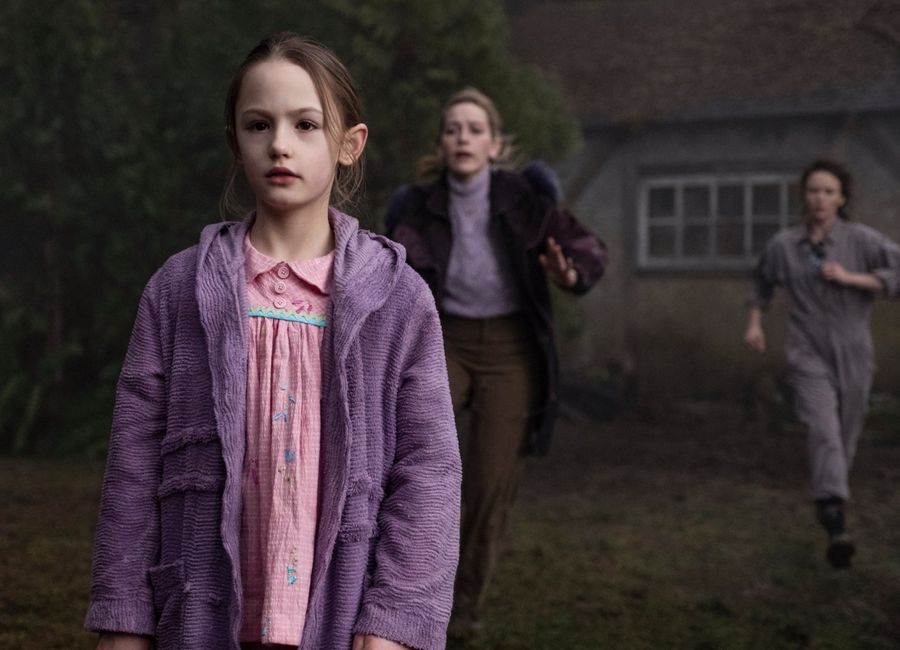When Mike Flanagan said that his series The Haunting of the Hill House would be “way more of a riff than an adaptation”, he stuck to his words. Based on Shirley Jackson’s 1959 gothic horror novel, the series was nothing like its film predecessors. While fans of Jackson were apprehensive about Flanagan’s series, their fears were quickly laid to rest when he announced his intention to “break down the book and pull out the characters and the themes and individual moments and pieces of prose, even, that had really stuck with me, and try to rearrange it.”
While Jackson’s horror was way more subtle and grotesque, with an ambiguous and amorphous haze surrounding its characters, Flanagan decided to venture into both spatial and psychological horror to add to Jackson’s exploration of the psyche. While Flanagan stuck to the setting and retained a few characters, he shifted the attention to the Crain family and explored their dwindling sanity and emotional disintegration as they grappled with the horrors of the house.
Jackson’s story saw a supernatural investigator named Dr. John Montague venture into the Hill House with three other daring helpers to find the evidence of the occult presence, the overall monstrous setting of the house seeps through Jackson’s words and creates an eerie atmosphere that is complemented by a variety of characters who rival the overall darkness in the book.
Starring Henry Thomas, Kate Siegel, Victoria Pedretti, Oliver Jackson-Cohen, Michiel Huisman, Carla Gugino, Elizabeth Reaser and more, the 2018 series, however, sees the Crain family move into the fabled house for renovations and soon experience supernatural disturbances that contribute to their gradual descent into madness. The Crain matriarch kills herself and the father escapes the vicious clutches of the house with his children who are permanently scarred for life. However, an unfortunate incident surrounding the death of the youngest sibling causes the dysfunctional family to regroup once again and deal with the harrowing and traumatic events of their past that haunts them.
In both the original text and Flanagan’s marvellous interpretation, the House persists as a symbol of horror and insanity. The novel ends on an ambiguous tragedy while the series, steeped in psychological realism and horror, is a complex exploration of family dynamics, mental health and the occult disturbances. Jackson’s monstrous Hill House is all-powering, all-consuming and overwhelming in its presence. But Flanagan’s vision, overridden with optimism, shatters that.
Although he is aware of the House’s psychological significance, he plays with the horrors that live within the isolated mind and end on a characteristic subversive note of the genre. Like most of his other works, Flanagan does not shy away from providing a hopeful ending that culminates into love and healing, despite the bleakness of the future.
While Jackson’s story weighs down upon us in its claustrophobic glory, the atmospheric horror and despair in Flanagan’s is replaced by the dawn of a new tomorrow, especially in the final episode when the siblings manage to escape the Hill House, once and for all, leaving behind their emotionally-ravaging memories.
Stream The Haunting of Hill House on Netflix now!
